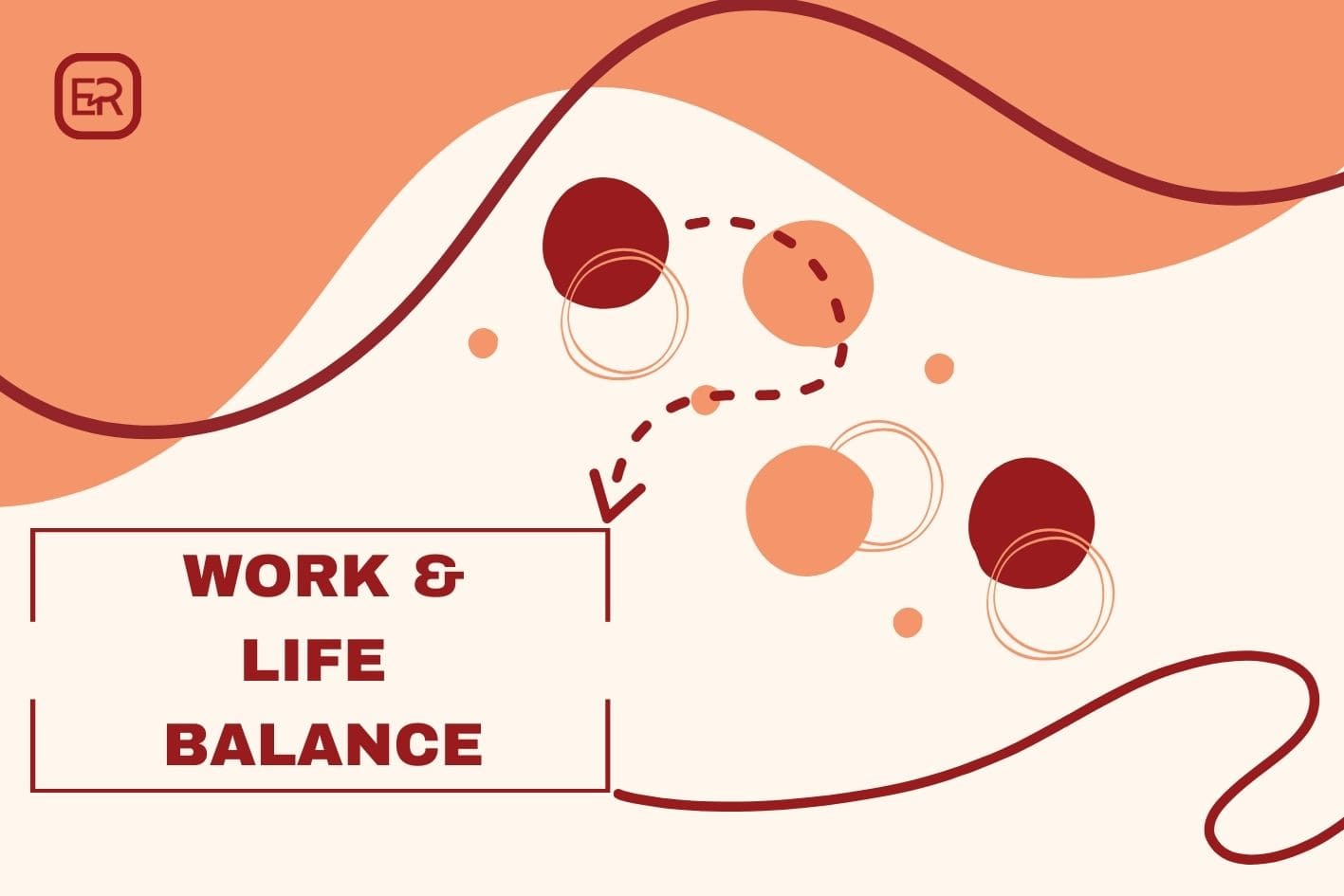
8 June 2024 Work-life balance: the right equilibrium of life and work
Work-life balance, also known as Work life Balancehas been an increasingly debated topic in recent times because they are reference models have changed with respect to the terms life, work and balance.
Work-life balance: new reference models

Between the drivers of change in the meaning given to work life balance, there is the COVID-19 pandemic that initiated the need to work and study remotely, suddenly changing past habits.
At the same time, the increased prevalence of technology in office and study work has made the possibility of alternatives to traditional work organisation and learning, in addition to blurring the previously rigidly defined boundaries of work time and other activities, more explicit.
Moreover, the younger generation has progressively become more eager for a working life that is not only secure and stable but also sustainable in time and manner.
The focus is therefore shifting from work as an all-encompassing occupation to an experience to be combined with other life activities.
Work and other life activities: what meanings?
When I find myself working on this issue in my coaching profession, I aim to facilitate the
achievement of awareness of the meanings attributed individually, by
each person, to the terms balance, life and workand then proceed to explore the compromises that each one intends to do in favour of one's own balance.
Awareness of the meaning and value that each person can give to terms is important, because, come to think of it, achieving work-life balance is an individual responsibility.
Work and life: what balance?
Often, life and work are two terms that are referred to separately and reductively.
In order to life it's meant the personal one made up of family, romantic relationships, friends, hobbies, self-care and leisure, and for work is understood to be the activity of working for performing tasks more or less important or more or less urgent.
In reality, things are more articulated than that.
Indeed, the spheres of life are different and include health (with physical and mental wellbeing, nutrition, physical activity and sleep), finances (with the management of money, savings and investments) and spirituality (i.e. connection with something greater than oneself, be it religion, nature or philosophy).
The sphere of work also includes other things such ascontinuous learning, the development of new skills and the search for meaning and purpose in operations.
Work-life balance: a balance in the different areas of one's life

The space that work occupies in different areas of life can vary from person to person and can be influenced by the following different factors:
- the type of workSome jobs are more demanding than others and require a greater investment of time and energy.
- the stage of life: people with young children or caring for an elderly relative may have less time to work.
- personalitySome people are more ambitious and work-oriented than others and, in some cases, there is a real identification.
- valuesFor some people, work is a core value, while for others it is just a means to achieve other goals. In recent years, time is increasingly becoming the most sought-after value in the workplace.
When you perceive the need for more balance in the different areas of your life, of which work occupies a part, it is good to check what changes you can make to the organisation of your activities, especially in terms of priorities as well as time.
This remains an individual responsibility related to how you decide you want to live and where you direct your focus and time.
Coaching supports these reflections and insights to understand what exactly you want from your life.
Work-life balance: individual balancing strategies

There is no universal recipe to achieve work-life balance, but one can try to consider the following strategies:
- define clear boundaries concerning working hours and respect them, keeping in mind what the possible reasons are for not respecting them (e.g. real emergencies, matters of absolute gravity);
- learning to delegate tasks that do not require personal direct intervention;
- prioritise different areas of life and devote the time you consider necessary and important to them;
- Take care of yourself to relax, recharge your batteries, and do things you enjoy.
Often, it only takes small changes to one's routine to discover different ways of feeling satisfied and regaining balance "because you are choosing where to put your energy'.(*)
Conclusions: work-life balance for greater well-being
In conclusion, the benefits of work-life balance are achieved through increased awareness and responsibility regarding the way one decides to live to achieve greater well-being.
Thinking about how to find one's balance between work and life activities requires individual commitment, especially in times of change and events that affect us on a personal level, at different stages of life.
To work with me on these topics
REQUEST A CALLYou may also be interested in
Corporate welfare and well-being
(*) For more on the concept of work & life balance you can watch this contribution by Simon Sinek The RIGHT Way to Do Work life Balance | Simon Sinek
